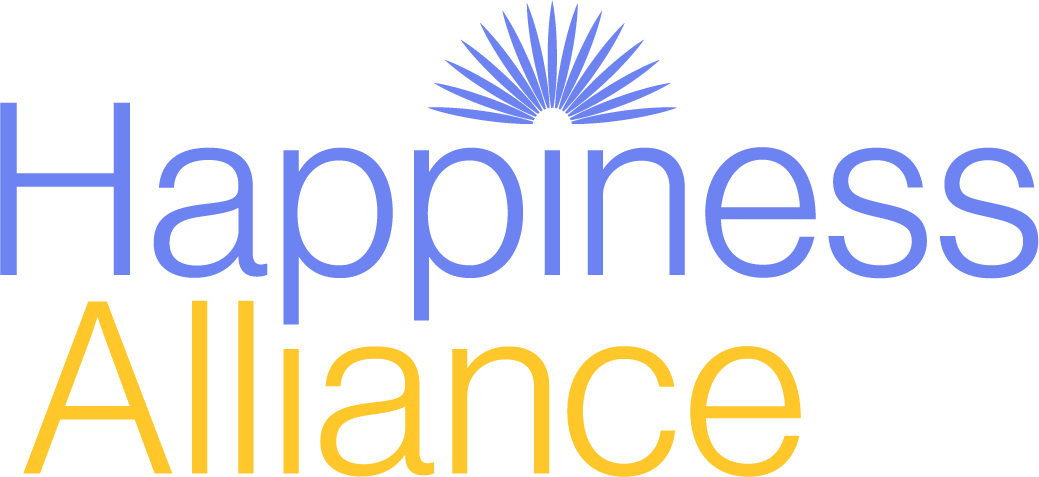|
Guest post by Elizabeth Mackenzie, CEO of Global PR Associates According to a Bankrate survey, 55 percent of Americans in the workforce said they would likely look for a new job in the next 12 months. Professionals and other members of the country's workforce are looking for new challenges, higher-level responsibilities, and better salaries. Studying and pursuing a new career represents much more than just a job decision for the coming years. A new career and job are the basis of your economic success and the level of well-being in your life. For that reason, you should think carefully about being important to the economy and achieving your long-term goals. Let's analyze these and other factors below. What Do You Need to Ask Yourself Before Choosing a Career?Before selecting a career, the most important thing is to evaluate all the positive and negative factors that can influence your personal and professional life. To obtain an accurate conclusion, answer the following questions.
Key Elements to Identify Whether a Job Is Right for YouBefore choosing or changing careers, analyze what elements are present in your current field. Perhaps looking for a completely different path is not the solution, but rather a related area or a new work environment. Take a look at the factors below. The Job Aligns With Your Values If you have a high-level job or one with important professional requirements, make sure it has positive corporate values. For example, having a deadline-driven role that allows for team collaboration and creativity is a positive sign. That is a role that can offer you excellent career opportunities. The Position Is Interesting and Challenging There is nothing more rewarding than an occupation that leverages your talent. The best work environment is one that gives you new challenges every day. Responsibility and challenges are the ideal values to increase engagement, performance, and acquire more professional experience. You Are Productive in the Work Environment Productivity is key to becoming a better professional in your area. The work environment greatly influences this context, as depending on your job, it is important to have a quiet and solitary space to do your best work. The Importance of a Work Relationship in Determining Whether a Job Is a Right for YouMaintaining a good work relationship with your coworkers and boss can assist you in determining whether a particular job is right for you. If you work with people you enjoy, trust, and feel you can rely on during difficult times, you are much more likely to stay with the company and give your all each day. If you do not have a positive work relationship with your coworkers or boss, this can be a significant indicator that your job is not a good right for you, as it will prevent you from performing at your best and being engaged in your work in an interactive manner. However, you're more likely to be happy and successful in your career if you work in an environment that makes you feel valued, respected, and engaged. Why You Should Consider Your Happiness and Mental Well-being in Choosing a CareerFeeling happy with your career and having a good mental well-being becomes second nature after you've discovered what you like about it. This not only helps you to enjoy your time at work but also allows you to learn new skills and be more productive, enhancing your chances of rising up the professional ladder. The significance of happiness and mental well-being in your profession influences not just your work, but your whole life. Choose a career that you enjoy, one that you feel has potential for growth and one that you can be passionate about. Interesting Trends in Career Choice Among Young StudentsAccording to a study by the British medium PR Newswire, nine out of 10 people between the ages of 21 and 65 say they regret having made a hasty decision in their career choice. The study explains that many young people choose a university course at random because they don't know what they want to do. This social behavior is due to the fear of running out of time. Career Happiness Tip TakeawayThe best career choice you can make is one where you feel comfortable as a person and as a professional. Do not focus only on a high salary but also on a career path with opportunities for growth, personal development, and large projects to gain experience
1 Comment
9/14/2023 03:46:48 am
Hello Guys! I am the Manager of Kohl's Feedback store. We providing a survey for our customers. In the part of the survey we decided to give the best chance to our customers. By participating in the survey at kohlsFeedback.Com Survey Homepage. Get a chance to win a $1000 Gift Coupon.
Reply
Leave a Reply. |
We CarePosts written by the People of the Happiness Alliance & our Friends. Archives
March 2024
Categories |
Sign up for the Happiness Alliance Newsletter
THE HAPPINESS ALLIANCE IS A 501(c)3 NONPROFIT REGISTERED IN THE UNITED STATES
The Happiness Index is Copyright © 2014 by the Happiness Alliance

 RSS Feed
RSS Feed
